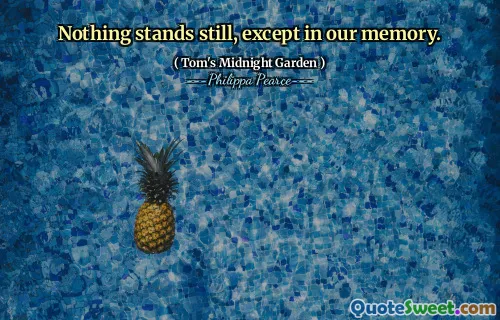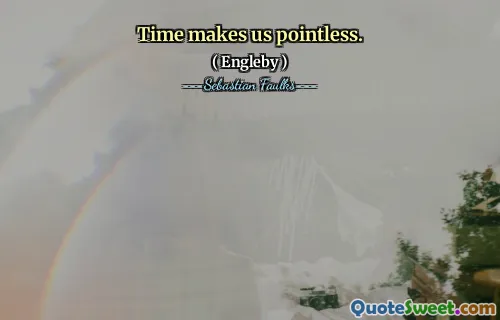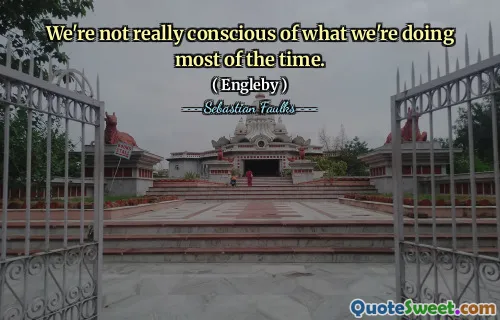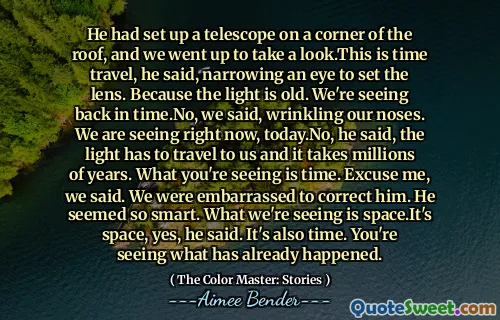
Time is a creation of vague mind used to describe an unknown dimension in the 3D world.
This quote invites us to reconsider the conventional conception of time, questioning its absolute nature and suggesting it as a construct derived from human cognition. The phrase 'creation of vague mind' implies that time is not an inherent property of the universe, but rather a framework fabricated by our minds to make sense of phenomena that are beyond immediate comprehension. In framing time as a way to describe an "unknown dimension in the 3D world," the quote hints at the idea that time might represent an additional aspect of reality beyond our typical spatial understanding.
From a philosophical standpoint, this reflection resonates with perspectives found in both Eastern and Western thought, where time is sometimes conceptualized not as a linear, immutable flow but as a subjective experience or an illusion shaped by consciousness. Scientific theories, including relativity, echo this complexity by showing how time can dilate and is relative depending on the observer's frame of reference.
In practical terms, the quote challenges us to interrogate how our perception of time influences our existence — how we live, prioritize, and understand change and continuity. If time is a mental construct, it suggests the possibility of transcending its limitations, encouraging a more flexible, perhaps more profound engagement with reality that is not confined by measured hours and minutes. Ultimately, it reminds us of the vast mysteries that still surround our understanding of the universe and urges humility in accepting that some dimensions are still beyond our full grasp.











